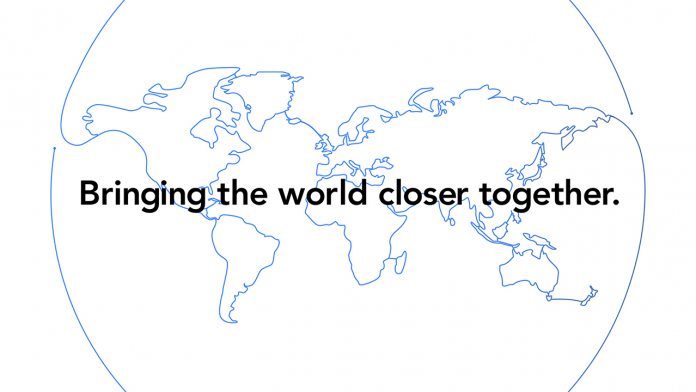“The primary driver of health outcomes in the United States are social and behavioral variables,” he said at the Manoca Summit in Minneapolis. “Really understanding what these social determinants of health care should be our primary area of focus.” Abnousi didn’t outright say it, but the implication is that hospitals could share data with it or vice versa. In fact, Abnousi led a secret research project with that exact goal earlier in the year. He sought anonymized patient data from hospitals to match with social media users via hashing. However, the project was put on hold before any deals were signed. Facebook came under huge scrutiny after the Cambridge Analytica scandal and would have struggled to argue that it could keep such data safe.
An Unnecessary Solution?
Abnousi seems passionate about this despite the recent compromise of up to 50 million Facebook accounts. However, some professionals are skeptical about how much use the social media would be. Facebook’s previous approach was to work with medical groups to share the data of their most vulnerable patients. “There are more humanistic and reliable ways to acquire this information,” said Dan Gebremedhin, physician and a health investor at Flare Capital Partners, at the time. “How about asking the patient, their healthcare proxy, or the primary care provider? Given the variability in user activity on Facebook, I’m not sure that this information would be correlated and accurate at the patient level.” There are some concerns that the company wants to utilize such data to deliver things such as medical ads. However, even without that, it’s unclear how anonymous the data would be. A previous study of ‘anonymous’ Washing State healthcare data found that it could be correlated with newspaper stories. This netted a correct identification 43% of the time. It’s not hard to imagine why users wouldn’t trust a company that has leaked their data several times. Abnousi seems to be testing the waters, so it’ll be interesting to see if Facebook restarts its project.




